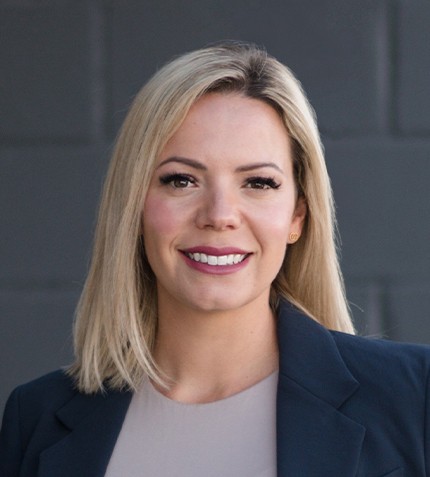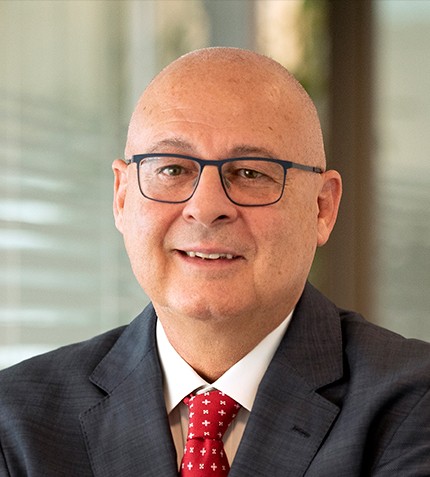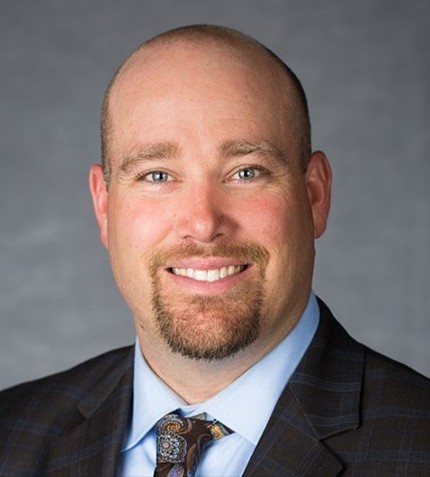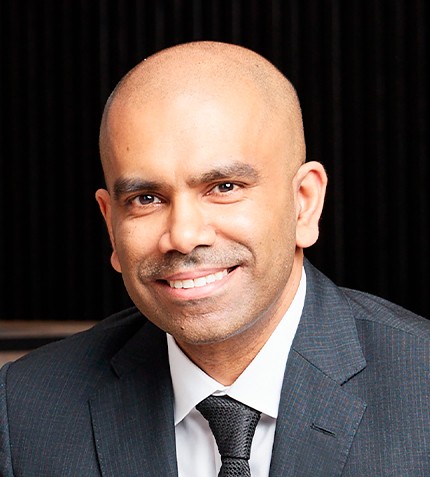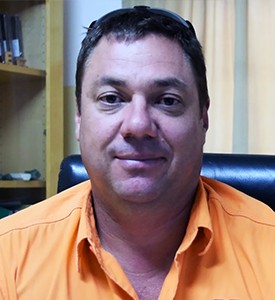
“In investing $460 million into the Kinsevere expansion, we would not only have the capacity to process both sulfides and oxides, but with the addition of a cobalt circuit, we would also be in a position to enter the cobalt market.”
Miles Naude
GENERAL MANAGER, MMG
Can you please provide an overview of your copper mine in the DRC and a project update?
MMG Limited’s Kinsevere project currently produces 80,000 mt of copper per annum. Mining will continue through 2021, after which processing will continue through 2023. We are nearing the end of the feasibility study for an exciting opportunity, the Kinsevere expansion project, which would be the addition of a sulfide processing plant to run in tandem with the existing oxide plant. Once completed, this expansion would increase production to a total of 90,000 mt per annum and extend the project lifetime to approximately 2031. This extension of the project would also provide assurance of stability and longevity with the company for our local staff. In investing $460 million into the Kinsevere expansion, we would not only have the capacity to process both sulfides and oxides, but with the addition of a cobalt circuit, we would also be in a position to enter the cobalt market.
With oxide depletion, massive transportation costs and poor infrastructure, is it financially viable for international investors to enter the DRC mining sector?
It all comes down to scale. On a small scale, it makes it hard to turn a profit. Companies need to have sufficient resources to make a significant initial investment. For an international investor, the DRC is a very challenging geography in which to do business. Graft and corruption are rampant in the country, but MMG has very firm, fixed policies regarding these issues. These policies are fundamental to who we are as a company, and we deal very strictly with anyone found to be in contravention of these specific rules.
What are some of the advantages of having China Minmetals Corporation as your major shareholder?
Being part of China Minmetals Corporation, the largest Chinese state-owned mining company, allows us to benefit from China’s reputation as an international mining powerhouse. This connection also provides direct access to massive research firms and infrastructure firms that are able to build smelters and metallurgical plants. Our parent company views us as its preeminent mining company run in accordance with Western policies and procedures. At the moment, the company is primarily governed by Western individuals, though we are transitioning to incorporate more Chinese senior executives.
With MMG’s Chinese backing, is there a mandate to use Chinese service providers?
We have a great deal of autonomy in decision-making, and so while we have the benefit of sourcing in China, we are not required to buy Chinese products. We try to focus our purchasing power locally to the extent possible and inject part of our revenue stream back into the local economy. A large proportion of our purchases are from the DRC, but the truth is you cannot find everything you need here. Some specific and specialized products still must come from overseas. I would love to buy steel balls manufactured by a Congolese company that are able to meet our criteria and specifications.
What is your opinion on the new mining code?
We have no issue with 70% of the new mining code and in fact believe that some of the changes will have positive results. However, the other 30% of the code will negatively impact companies’ profitability, and this will thus negatively impact the outlook for future investment in the country. The mining code was pushed through very quickly, with no consultation from the industry. Significantly, the government has sole authority to decide what constitutes a strategic mineral, which is then subject to additional taxation. While there are opportunities here, I imagine you will be seeing an increasing number of companies reconsidering their investment in the DRC.
Where do you see opportunities for MMG in Africa or elsewhere?
MMG’s major focus at the moment is base metals: copper, zinc and cobalt. In Africa, our interests have primarily been in the DRC and secondarily in Zambia. We explored opportunities in Tanzania, Angola and Namibia, but we ultimately decided not to pursue projects in those countries. We are concentrating on the Copperbelt. It is said that up to 50% of the Copperbelt is still unexplored, but the question is exactly how much of that 50% is viable to exploit. We are the only explorer in the DRC looking beyond the boundaries of our tenement. We are also active in South America; we currently are operating a large mine in Peru, as well as exploring potential new opportunities in countries such as Chile.
On a final note, MMG aims to be regarded as one of the largest mid-tier companies by 2020. What are your key strategies to achieve this?
First and foremost is social license to operate. We need to ensure that the surrounding communities want us to be there, welcome us and seek us as a partner to upskill their people. We endeavor to invest in CSR as much as we can, though the new mining code demands 0.3% of our total revenue, which creates a difficult situation. We already spend 0.3% of revenue in the local communities, but this additional 0.3% is paid into a fund that is run by 12 directors. We are only entitled to one representative on that board, so we have virtually no control over how and where that money is allocated. That being said, we still work in many ways to uplift these communities, whether through supplying basic needs like water and electricity, or paying the salaries of teachers and headmasters. We ask ourselves how we can do more and how we can be the best operator.




